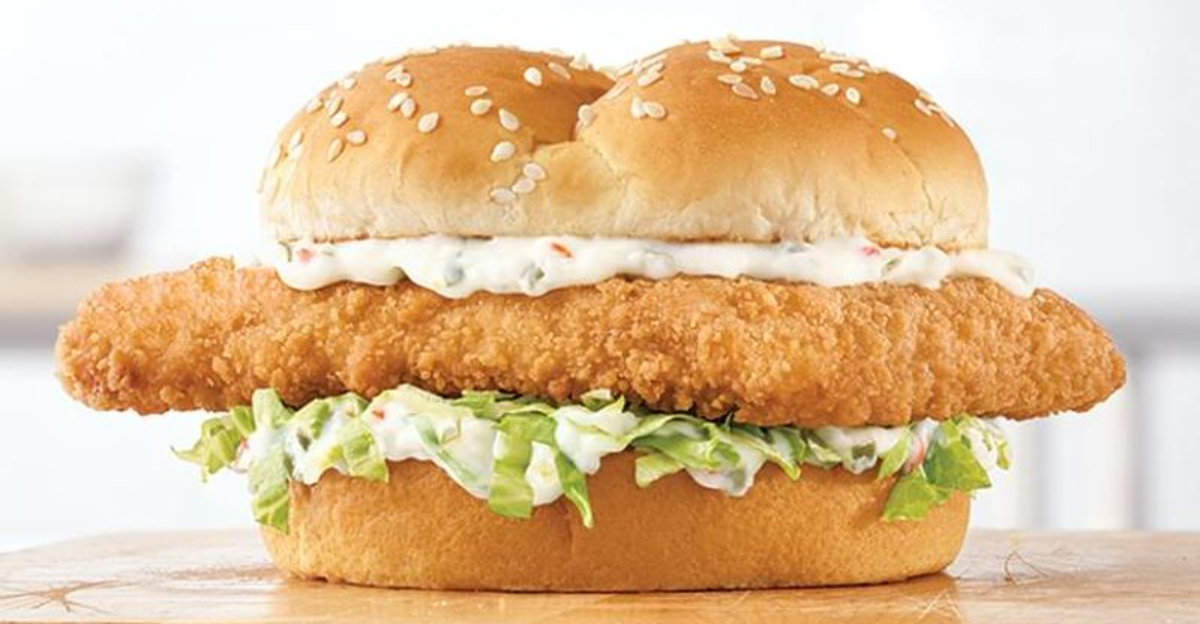Summary
Use these six natural sugar substitutes to help you monitor your refined sugar intake. The best part is that they are likely in your pantry already.
Source: CNET

AI News Q&A (Free Content)
Q1: What are some of the most common natural sweeteners that can be used as alternatives to processed sugar?
A1: Common natural sweeteners include stevia, monk fruit, and allulose. These provide sweetness similar to sugar but with fewer calories, making them ideal sugar substitutes. They are often found in products such as diet drinks and baked goods.
Q2: How do natural sweeteners like monk fruit and stevia impact the viability of probiotics in baked goods?
A2: A study revealed that natural sweeteners such as monk fruit and stevia can significantly increase the water activity in baked goods, potentially affecting the stability and preservation of probiotics. While probiotics like Lactobacillus maintained viability during baking, the choice of sweetener can influence their survival rates.
Q3: What are the health benefits associated with using stevia as a natural sweetener?
A3: Stevia, derived from the plant Stevia rebaudiana, is known for its zero-calorie content. Research indicates that it may offer neuroprotective and anticonvulsant properties, making it a beneficial sugar substitute for those managing calorie intake and seeking potential health benefits.
Q4: What does recent research suggest about the use of artificial sweeteners in relation to obesity?
A4: Recent studies using causal inference methods suggest that artificial sweeteners like those in Diet Coke may contribute to obesity, particularly in individuals with poor dietary habits. The research indicates a potential increase in weight gain for 20-50% of users, highlighting the need for careful consumption.
Q5: What innovative methods are being used for nutritional assessment in relation to natural sweeteners?
A5: Emerging technologies, such as wearable biometric logging devices, are being used to objectively collect nutritional data, including the consumption of natural sweeteners. These technologies are part of the Quantified Self movement, providing new ways to assess and interpret dietary intake.
Q6: What are the implications of using sugar substitutes on the energy intake and weight management?
A6: Sugar substitutes can help limit energy intake and assist with weight management due to their low or zero-calorie content. Reviews indicate that they can be used safely in moderation as a replacement for sugars, supporting individuals in managing their blood glucose and weight.
Q7: How do regulatory bodies view the safety of artificial sweeteners?
A7: Regulatory bodies have not found links between approved artificial sweeteners and cancer in humans. Dietetic professionals often conclude that moderate use of these sweeteners is a safe replacement for sugars, aiding in energy intake limitation without adverse health effects.
References:
- Page: Sugar substitute
- Page: Sweetener
- Page: Splenda
- Published: 2025-07-01 Title: {'i': 'Bacillus', '#text': 'The Effect of Commercially Available Sugar Alternatives on Probiotic Viability During Baking.'}
- Published: 2025-05-28 Title: Stevioside as a Neuroprotective and Anticonvulsant Agent: Insights into Its Mechanisms of Action.
- Published: 2024-08-18 Title: Causality in the Can: Diet Coke's Impact on Fatness
- Published: 2019-07-09 Title: A Survey of Automatic Methods for Nutritional Assessment




